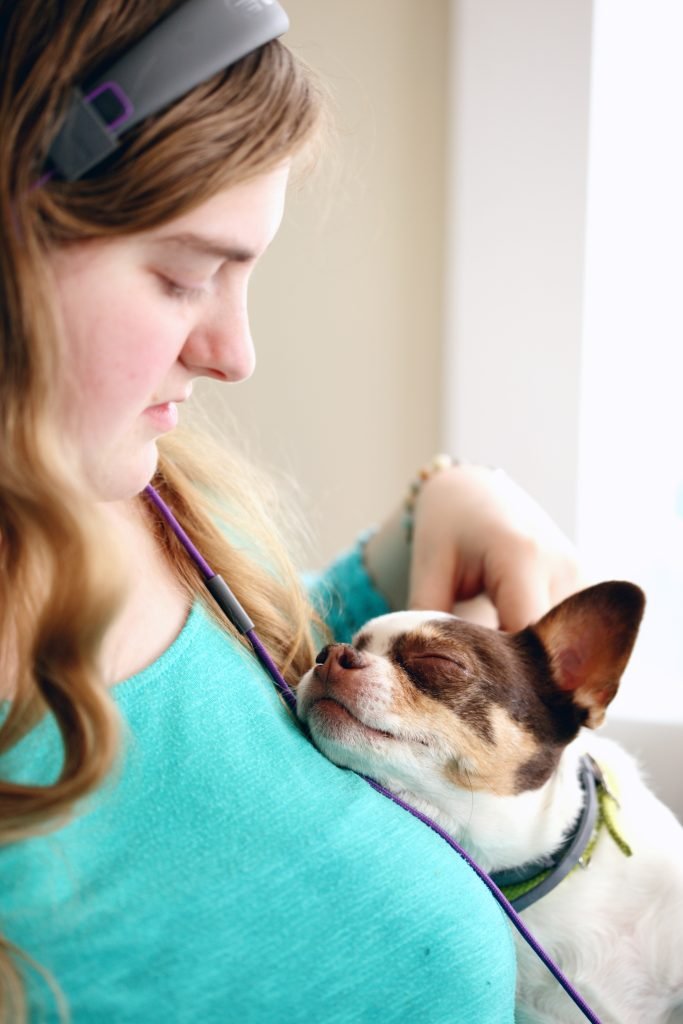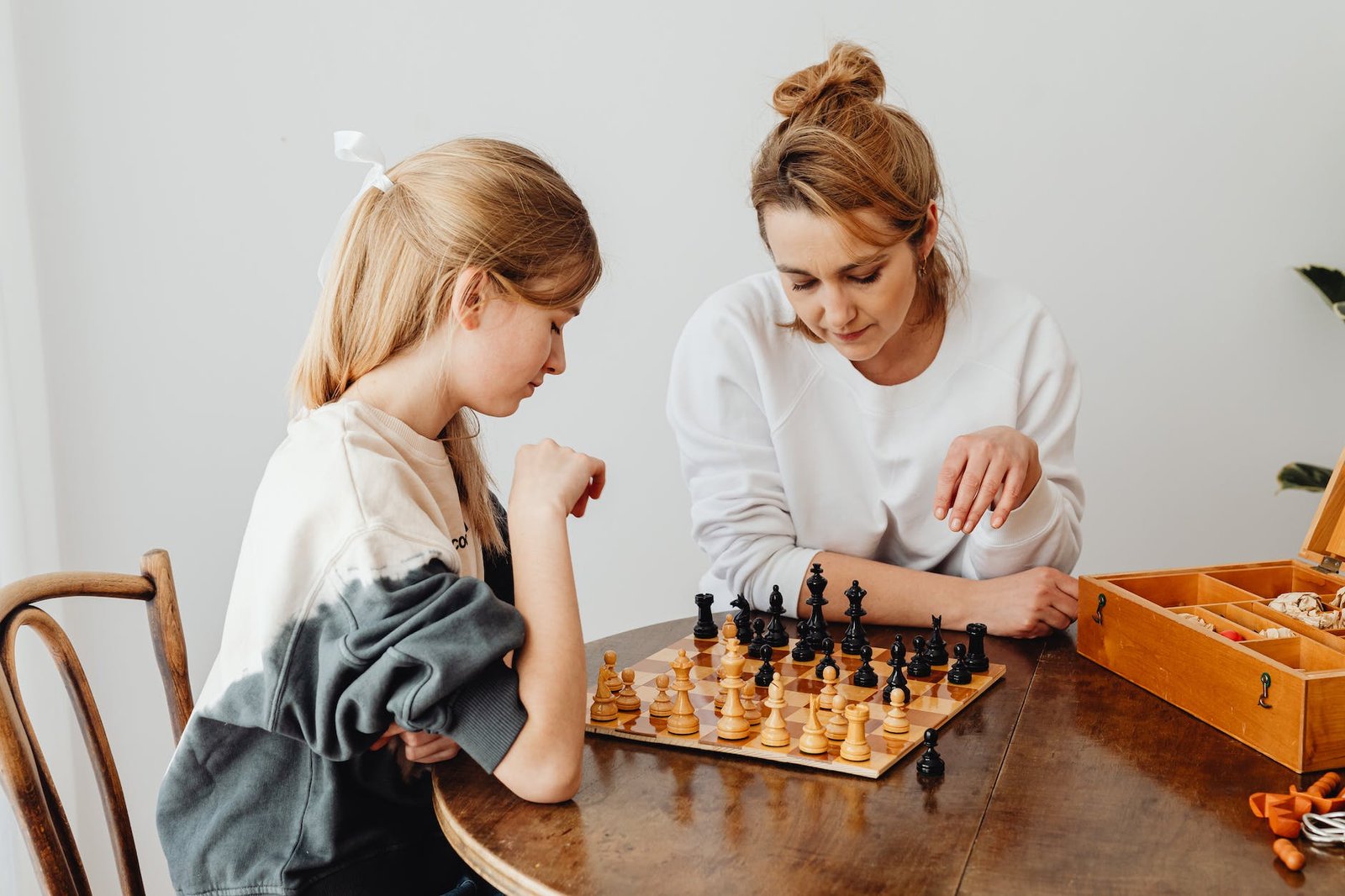
Connection Capital
Imagine that your relationship with your teen was like a bank account. Every time you do something they enjoy or communicate to them that you care for and understand them you put funds into the ‘connection bank’. Conversely when you ask them to do something (like chores or cleaning their room) or they feel like you don’t ‘get them’ you make a withdrawal from the ‘connection bank’.
They have a connection account with you too that they can deposit into and withdraw from. For example, doing something when they said they would without you nagging would be a deposit and not following through would be a withdrawal.
The thing is, we need to keep these connection accounts regularly topped up with deposits to maintain a healthy relationship. We need way more deposits than withdrawals. Frequency and knowing your child is key when it comes to interactions that build trust and connection capital. When you think about relationships you have with a partner or friend who you trust, it is difficult to pinpoint just one thing that they did that made you trust them. The same is true in our relationship with our teens. Trust and connection are built up over time. Often it is a multitude of small and meaningful moments that make up a deep and connected relationship.
Parents are notoriously big spenders of connection capital and so we need to be big depositors too.

Defense Mode
For parents of neurodivergent teens making regular connection deposits is even more important. Autistic and ADHD Teens have added sensory loads and co-occurring conditions that use up a lot more connection capital. When the connection account with a parent is low or overdrawn it can put our children into Defense Mode.
According to aspergerexpert.com:
We define Defense Mode as a state of overwhelm in which someone with Asperger’s is scared, frustrated, or angry, as well as shut down and withdrawn. When you’re in Defense Mode, everything is harder because you’re constantly trying to protect yourself from the overwhelming stress of both real and imagined threats that constantly surround you.
Whenever the stress and overwhelm gets to be too much, Defense Mode will always manifest in one of three ways: fight, flight, or freeze. The person in Defense Mode might get angry and start yelling or they might try to run away, perhaps by escaping into video games or some other distraction. Or, they might shut down as they keep mumbling “I don’t know”, in response to all of mom’s questions, perhaps in the hope that she’ll eventually stop the interrogating and leave.
Asperger Expert
This can show up in your Autistic teen’s behaviours as shutdowns and meltdowns. If Defense Mode persists for a lengthy period of time this can lead to Autistic burnout, depression and even suicidal thoughts.
It is important to remember that our neurodivergent teens already have an elevated stress platform due to how they experience the world, which may be very different compared to our experience of the world.

How To Support Your Teen To Get Out Of Defense Mode?
Here are two ways that will support your teen to get out of Defense Mode:
- The first way is by adopting a neuro-affirming parenting approach. This means seeing your teen’s Defense Mode behaviours as a window to their needs and taking on the role of ‘needs detective’. You may need to ease back on demands or allow them decompression time to ease sensory overload. This doesn’t mean that you can’t ask your neurodivergent teen to do chores around the house or put boundaries in place. It just means that the higher the demands we place on our teens the greater our level of care and connection needs to be in order to ‘balance the account’.
- This leads to the second way which is by building trust with your teen through depositing ‘connection capital’ into their connection account.
“How do you do this?” you may wonder, “They always want to be away in their room!”
Here are some ways to build up connection capital with your teen.
Recognising Your Teen’s Bids For Connection, Slowing Down And Being Fully Present
Contrary to our beliefs as parents, and the actions of our teenagers that they don’t need us or want us around, our teens are always connection-seeking. Our teens are just poor communicators of their connection-seeking. This can be further exacerbated if our teens are neurodivergent because they may communicate differently to you and so we need to learn to recognise their bids for connection.
Download my FREE Resource HERE
The connection-focused parenting approach views bids for connection as our teens attempt to start interactions with us to build connection capital. These bids for connection can range from being confronting to oh-so-subtle that they are easy to miss.
Examples of what bids for connection may be:
- An emotional outburst or disruptive behaviour, whining, a rude comment, a shrug or an eye roll.
- A shutdown or meltdown.
- Your teen coming into the kitchen while you making dinner and rummaging in the pantry.
- Walking into a room sighing and then leaving.
- Asking you a random question.
- Sharing something with you about their latest hyper-fixation or special interest.
As parents, it is our job to decipher these moments as ‘bids for connection’ asking ourselves “What does my child need from me at this moment?” We then need to practice ‘turning towards’ them with our full attention (yes, this means stopping what you are doing, pausing Netflix or putting down your phone).

Reflection Time:
- What bids for connection have you noticed from your teen lately?
- How did you respond?
- What were some of your bids for connection when you were a teenager?
- How did your parents respond to you?
Tips For Bids For Connection From Your Neurodivergent Teen:
Bids for connection can often happen in the car or while you are doing a chore or something together. This is because teens, especially neurodivergent teens find it easier to communicate with parents when the focus is away from them. This could be because these interactions do not require eye contact or the added load of having to decipher facial expressions or mask.
It is important to go beyond the surface stuff with our neurodiverse children and teens. Neurodivergent teenagers, especially Autistics struggle to engage in small talk. They may have a different communication style from you.
Most Autistics and ADHD’ers enjoy ‘special interest’ topics and hyper-fixations. Our amazing neurodivergent brains allow us the ability to go really deep into an interest. One of our favourite ‘love languages’ is having a special, interested person with who we can share our special interests. Allowing your neurodivergent teen time and space to ‘info dump’ with you is excellent connection capital building.
A word here about meltdowns and shutdowns. Meltdowns and shutdowns are bids for connection. However, when our teen is in fight, flight or freeze mode it is impossible for them to connect with themselves or others. It is important to allow your teen decompression time in order to regulate their nervous system before trying to connect with them, otherwise, your attempts to connect can trigger Defense Mode. This will result in withdrawals of connection capital instead of the intended deposits.

Connection Capital For LGBTQ+ Teens
Here are LGBTQ+ affirming ways to build connection capital with your queer or transgender teen:
- Stay curious – where possible stay open to their point of view.
- Validate their experiences (even if you don’t agree).
- Be a good listener – listen more than you speak and with the purpose of understanding.
- Use LGBTQ+ appropriate terms.
- Use their preferred name and pronouns.
- Be honest with them if you are struggling – we are all learning!
- Admit it when you get it wrong, apologise where appropriate and try better next time.

The Importance Of Play
Playing with or having fun with your teen is the easiest and most enjoyable way to connect with them and build connection capital between the two of you.
After all, we like to be around people who make us feel good and we naturally seek out more opportunities to spend time with them. On a sciency level, when we have fun our brains release feel-good hormones like dopamine, oxytocin and serotonin which relax us. These feel-good hormones make learning easier and support us to bond in a positive way with another person. Play adds joy, vitality, and resilience to relationships. It can heal resentments, disagreements, and hurt and is a good way to help your teen to get out of Defense Mode.
Through play, our teens learn to trust us and feel safe.
As mentioned above, having fun with and just being silly with your teen is an amazing way to build connection capital, especially when you combine it with the principle of giving your teen your full attention.
The easiest and most effective way that I have found to implement this is to allow your teen to lead the way.
Here Are Some Simple Ideas To Get You Started:
- Prepare ahead – Speak with your teen and say something like, “Hey it feels like forever since you and I did something together just the two of us. I would love to spend some time with you and I was wondering when you would be free and what you would like to do.”
- Create a plan with your teen – ask them what they would like to do with you during your time together.
- Prepare other children ahead of time – Prepare your other children ahead that this is your time with their sibling/s and reassure them that you will plan a similar experience with them if they would like.
- Execute – During the time that you and your teen have designated as ‘your time’ put away your phone, your computer, and your devices. For the next 30 minutes focus on being fully present with your teen.
- Useful strategies – Allow your teen to be the leader of the play. Asking questions is also a great way to show that you are interested and invested in the experience.
- Let loose and have fun!!!

Some Additional Play Strategies For Parents Of Autistic Teens:
- Take an interest in your teen’s special interest. Ask questions and allow them to tell you about their latest passion while practising your active listening skills.
- Many autistic teens find decision-making intimidating so you may like to give them a few options to choose from instead of overwhelming them with lots of options.
- Your autistic teen may find eye contact or face-to-face attention to be too overwhelming. Instead, try sitting next to them and looking down when interacting with them. This will allow your teen to feel comfortable doing the safe and ‘unmask’ in front of you.
- Be sensitive to your teen’s sensory needs, if they showing signs of being tired or overwhelmed suggest a quieter, more soothing activity or ask them if they would like to end the activity.
How will you choose to connect with your teen today?
Connection-Focused Parenting
This is important for all teen-parent relationships. However, even more so for our neurodivergent teens as they may feel ‘othered’ by peers and society. Our neurodivergent teens are more likely to be affected by conditions such as RSD (rejection-sensitive dysphoria), PDA (pervasive drive for autonomy) and sensory overwhelm which can put their nervous systems into defense mode. Our neurodivergent children and teens need a safe place to land with us as a vital protection factor.
Connection-Focused Parenting is a parenting style that focuses on establishing a mutually trusting, respectful and reciprocal relationship with your teen. The upside of this approach is your teenager is more likely to let down their guard around you and see you as an ally.
Connection-Focused Parenting For Neurodivergent Teenagers Prioritises Four Things:
- Secure attachment with a significant adult.
- Accepting and affirming your teen’s Neurodivergent and LGBTQ+ identities.
- Connection before correction.
- Adapting your parenting approach to your teen’s needs, strengths and difficulties.
Meet The Person Who Wrote This Blog

Tanya Valentin is an AuDHD person, mum of three, family coach, author and podcaster.
Tanya is an educator/coach with 25 years of experience working with children and families. She specialises in guiding parents of Autistic & ADHD children and teens through burnout recovery.
She is the founder of From Burnout To Balance and the host of the podcast with the same name.
Tanya’s work combines education, emotional support, and practical strategies, reflecting her commitment to helping families create sustainable, connected relationships during difficult times.
